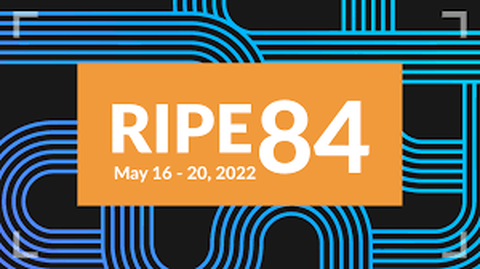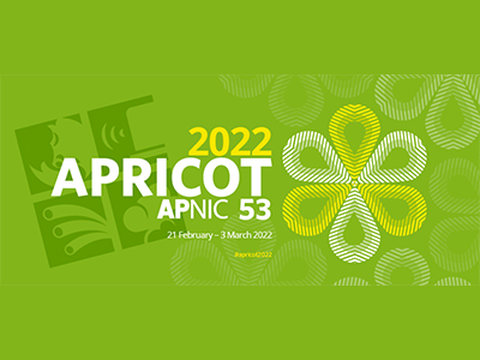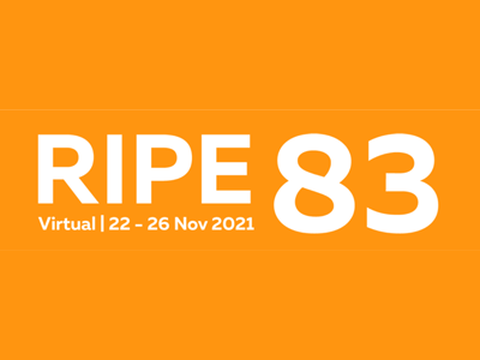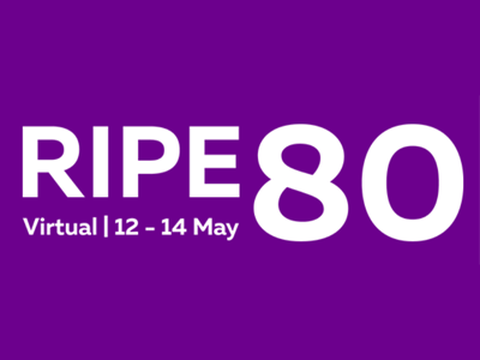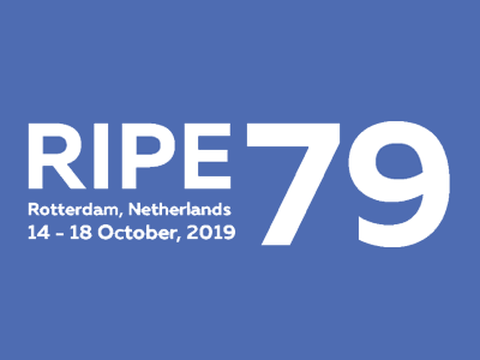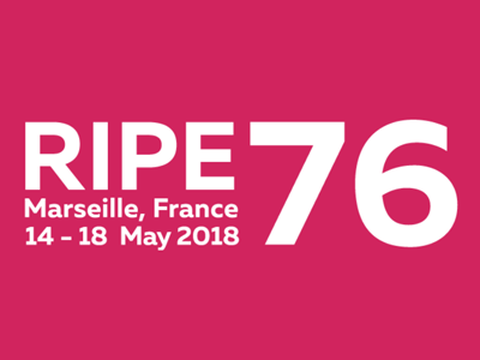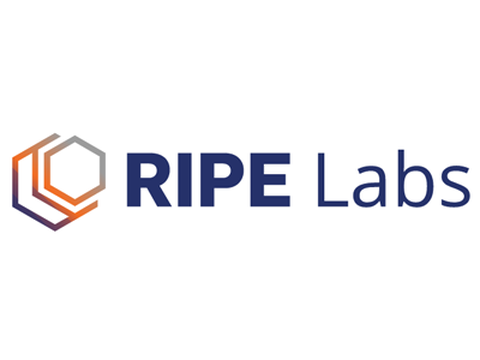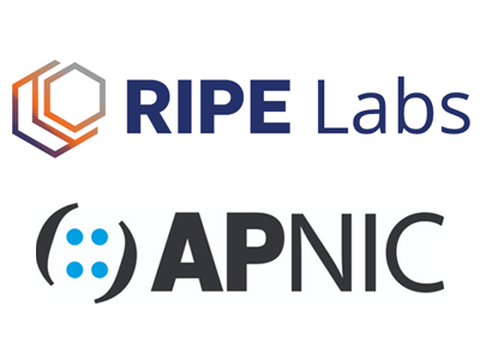Engagement with Network Operators
The Chair of Distributed and Networked Systems aims for making its research results available to network operators, hoping that this will help to improve the Internet a little bit. Below you find a selection of talks and blog posts.
We gratefully acknowledge all the support, such as RIPE RACI, that allows us to present our research to the network operator community.
Presentations
RIPE 84
Marcin Nawrocki, Plenary, The Sad Reality of QUIC Handshakes
APRICOT 2022
Marcin Nawrocki, Conference, Transparent Forwarders: An Unnoticed Component of the Open DNS
NANOG 82
Pouyan Tehrani, Plenary, Security of Alerting Authorities in the WWW: Measuring Namespaces, DNSSEC, and Web PKI
RIPE 83
Clemens Mosig, Plenary, Revisiting Recommended BGP Route Flap Dampening Configurations
Salottino 2020@MIX
Marcin Nawrocki, Down the Black Hole: Dismantling Operational Practices of BGP Blackholing at IXPs
RIPE 80
Clemens Mosig, Plenary, Route Flap Damping in the Wild
RIPE 79
Marcin Nawrocki, Connect Working Group, Dismantling Operational Practices of BGP Blackholing at IXPs
RIPE 76
Andreas Reuter, Plenary, Measuring the Adoption of RPKI Route Origin Validation: Update
RIPE 74
Andreas Reuter, Plenary, Measuring Adoption of RPKI Route Validation and Filtering
Andreas Reuter, Open Source WG, RPKI MIRO & RTRLIB
Blog posts, reports, etc.
On the interplay between TLS certificates and QUIC performance
The QUIC protocol (RFC 9000) was designed to improve web performance and reduce access latency while keeping communication confidential. A fundamental approach is the reduction of initial round trip times (RTTs) by integrating the QUIC handshake with the TLS 1.3 handshake and coalescing multiple QUIC packets into one UDP datagram. [...]
Tracing the DDoS attack ecosystem from the Internet core
Distributed Denial of Service (DDoS) attacks pose a major and omnipresent threat to the stability of the Internet. On average, about one-third of the active /24 networks on the Internet receive some form of DDoS attack every two years. [...]
Secure Personal Communication in the Event of Crisis
Choice of communication tools is not usually a topic for RIPE community engineers. This article is aimed at not-so-technical audiences who might need help and support from their IT colleagues during these difficult times.
Should you update your Route Flap Damping parameters?
BGP Route Flap Damping (RFD) is recommended to suppress BGP churn. Default RFD configurations in routers have been shown to be harmful. Current configuration recommendations by the IETF and RIPE, however, are based on a study from 2010 which focused on IPv4 only. This article presents our recent measurement study which shows that the old parameter recommendations are valid for today's Internet in both IPv4 and IPv6.
Route Flap Damping in the Wild?!
BGP Route Flap Damping (RFD) and its use has been a controversial topic in the past. Recommendations have been revised multiple times over the past two decades and still differ from vendor default values. In this article we dive into how we measured Route Flap Damping in the real-world, uncover whi…
Down the Black Hole: Dismantling Operational Practices of BGP Blackholing at IXPs
Large Distributed Denial-of-Service (DDoS) attacks pose a major threat not only to end systems but also to the Internet infrastructure as a whole. Remote Triggered Black Hole filtering (RTBH) has been established as a tool to mitigate inter-domain DDoS attacks. The idea is simple: Signal special BGP announcements to discard unwanted traffic early in the network, e.g., at Internet eXchange Points (IXPs).
Networking Networking Women at IEEE LCN 2019
At the 44th IEEE Local Computer Networks (LCN 2019) Conference in Osnabrück, Germany, I organised a Networking Networking Women (N² Women) event. The meeting was held as a panel on the topic "Bridging the Gap Between Research and Engineering". The panelists were Soumaya Cherkaoui (Université de Sherbrooke, Canada), Anna Förster (University of Bremen, Germany), Katrin Reitsma (Motorola Solutions, Inc., United States), and Martine Lenders.
RIOT in Amsterdam
The RIOT Summit is the yearly get-together of the community around the RIOT operating system for the Internet of Things (IoT). It aims at bringing together RIOTers, beginners and experts, as well as people interested in the IoT in general. We also welcome decision makers who plan to deploy RIOT in the future. After two successful events, the RIOT Summit moved out of Berlin for the first time. With the kind assistance and sponsorship of the RIPE NCC we were able to host this year's event in Amsterdam in September 2018. As always, the event combined plenary talks, hands-on tutorials, break-out sessions for community discussions and demos spread over two days.

